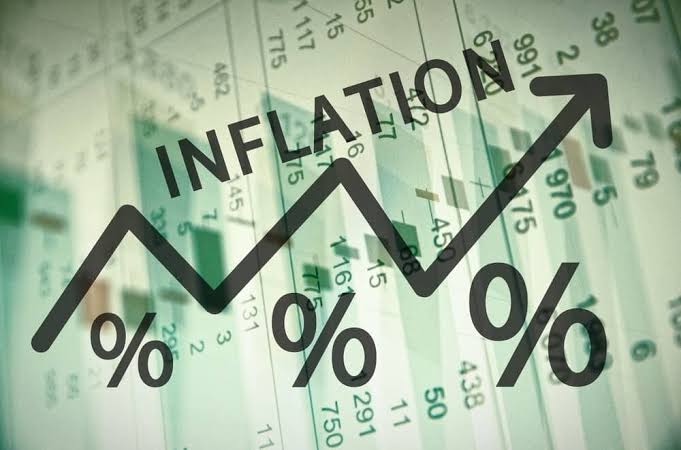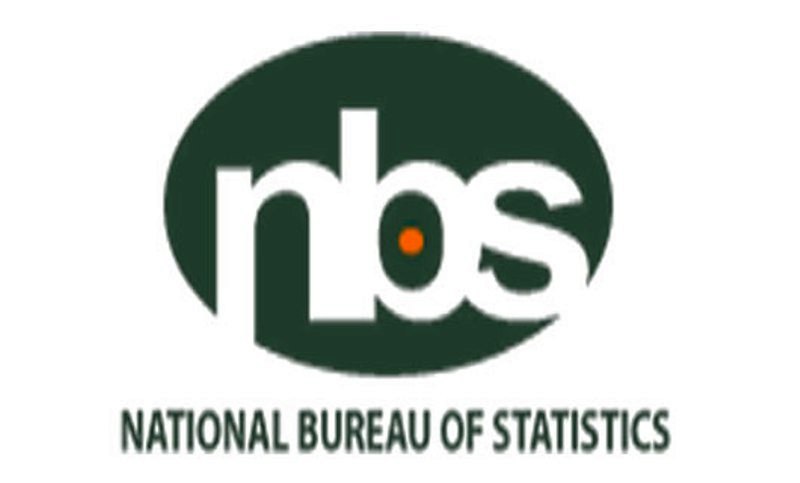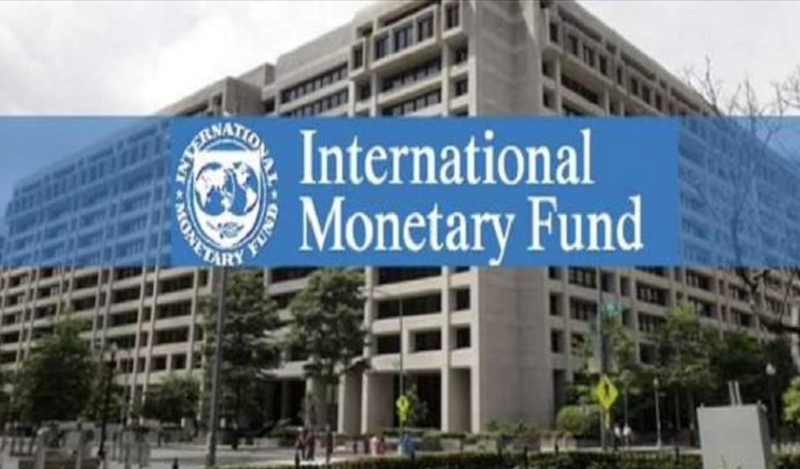The National Bureau of Statistics (NBS) on Friday said headline inflation declined to 21.88% in July 2025 from the 22.22% recorded in June 2025.
The crash, according to the Statistician General of the Federation Prince Adeyemi Adeniran, was because of lowered cost of foods, transportation and the others variables.
He said, “The headline inflation rate for July 2025 decreased to 21.88% compared to the June 2025 rate of 22.22%.”
The NBS boss also said, “Contributions to Headline Inflation: At the divisional level, the three major contributors to the headline inflation were Food and non-alcoholic Beverages: 8.75%, Restaurants & Accommodation Services: 2.83%, and Transport: 2.33%; while the least contributors were Recreation, Sport, and Culture: 0.07%, Alcoholic Beverages, Tobacco, and Narcotics: 0.08%, and Insurance and Financial Services: 0.10.”
This was contained in a press statement he issued which said following the completion of the recent rebasing exercise, this report is centred on a new CPI base year of 2024 and a weight reference period of 2023.
He added hence, the Consumer Price Index (CPI) rose to 125.9 in July 2025, and reflects a 2.5-point increase from the preceding month.
According to him, on a month-on-month basis, the headline inflation rate in July 2025 was 1.99%, which was 0.31% higher than the rate recorded in June 2025 (1.68%).
He said the food inflation rate in July 2025 was 22.74% on a year-on-year basis.
Adeniran added that on a month-on-month basis, the food inflation rate in July 2025 was 3.12%, which fell by 0.14% compared to June 2025 (3.25%).
He attributed the decline in food inflation to the rate of decrease in average prices of items such as Vegetable Oil, Bean (White), Rice Local, Maize Flour, Guinea Corn (Sorghum), Wheat Flour, Millet Whole grain, etc.
He explained that core inflation which excludes the prices of volatile agricultural produce and energy, stood at 21.33% in July 2025 on a year-on-year basis.
Read Also: Inflation rate drops for fourth consecutive time
He also said on a month-on-month basis, the core inflation rate was 0.97% in July 2025, down by 1.49 percentage points from 2.46 recorded in June 2025.
The statement reads in parts, “The newly introduced indices: The inflation rate of the sub-indices for July 2025 shows that Farm Produce (3.96%), Energy (2.71%) and Goods (2.72%) increased significantly, and their index were 128.5, 121.2 and 124.6 basis points; respectively. Conversely, Services recorded decline during the month to 0.47%.
“On a year-on-year basis, the urban inflation rate in July 2025 was 22.01%. On a month-on-month basis, the urban inflation rate was 1.86% in July 2025, fell by 0.25% compared to June 2025 (2.11%).
“The rural inflation rate in July 2025 was 21.08% on a year-on-year basis. On a month-on-month basis, the rural inflation rate in July 2025 was 2.30%, increased by 1.67% compared to June 2025 (0.63%).
“The all-item index for July 2025, All Items inflation rate on a Year-on-Year basis was highest in Borno (34.52%), Niger (27.18%), and Benue (25.73%), while Yobe (11.43%), Zamfara (12.75%), and Katsina (15.64%) recorded the lowest rise in Headline inflation on a Year-on-Year basis.
“On a Month-on-Month basis, however, July 2025 recorded the highest increases is in Borno (6.11%), Zamfara (5.72%), Kano (4.31%), while Bauchi (0.26%), Katsina (0.30%), and Anambra (0.37%) recorded the lowest rise in Month-on-Month inflation.
“State-level analyses of the food index in July 2025, Food inflation on a Year-on-Year basis was highest in Borno (55.56%), Osun (29.10%), Ebonyi (29.06%), while Katsina (6.61%), Adamawa (9.90%), and Zamfara (14.72%) recorded the slowest rise in Food inflation on a Year-on-Year basis.
On a Month-on-Month basis, however, July 2025 Food inflation was highest in Borno (10.89%), Kano (10.86%), and Sokoto (7.43%), while Zamfara (-6.00%), Bauchi (-2.18%) and Abia (-1.06%), recorded decline in Food inflation on Month-on-Month basis.





